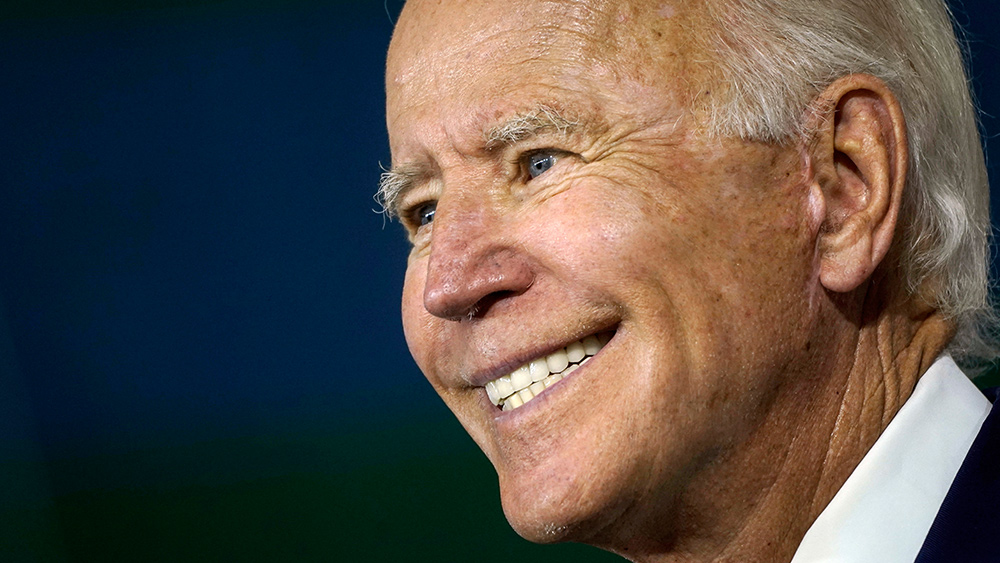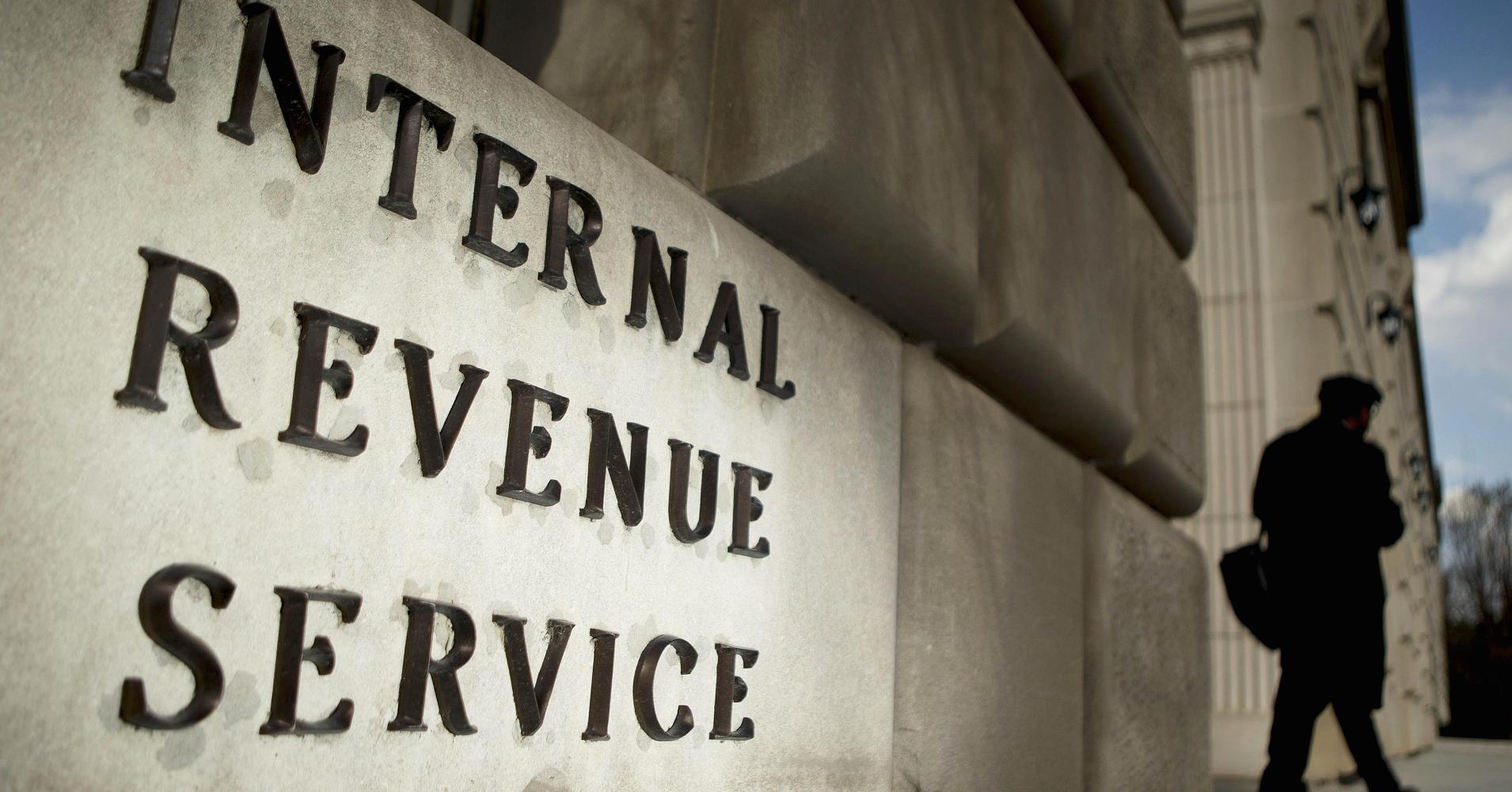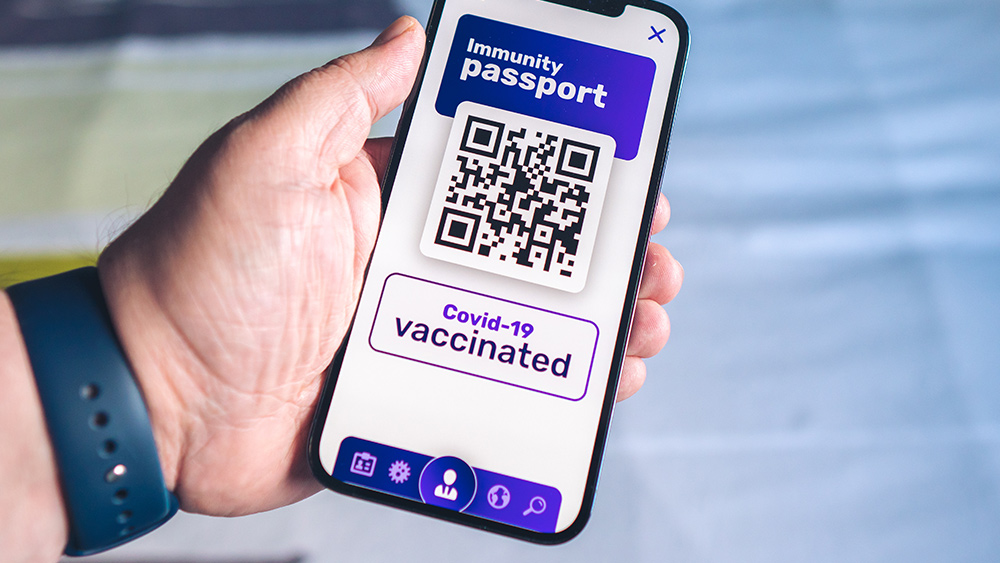Google sued for auto-installing COVID “spyware” on one million phones in Massachusetts
11/22/2022 / By Kevin Hughes

Technology giant Google faces legal action after one million residents in Massachusetts discovered a Wuhan coronavirus (COVID-19) contact tracing app installed on their smartphones without their consent.
A class action lawsuit was filed in the U.S. District Court for the District of Massachusetts on Nov. 14 by the nonprofit civil rights group New Civil Liberties Alliance (NCLA) on behalf of plaintiffs Robert Wright and Johnny Kula. The complaint named the Massachusetts Department of Public Health (DPH) and its Commissioner Margret Cooke as defendants.
The lawsuit accused the DPH and Cooke of violating the Fourth and Fifth Amendments of the U.S. Constitution, and Articles X and XIV of the Massachusetts Declaration of Rights by conducting secret mass surveillance through the “COVID spyware” app.
Since July 2021, the Big Tech firm and the Bay State’s health department have installed the app on more than one million phones without informing users or asking for their consent. The said app also tracked and recorded phone owners’ movements and their contacts “without their permission or awareness.” This method of warrantless tracking and surveillance by a state health agency violates the right to privacy and property, the lawsuit stated. (Related: DO MORE EVIL: Google turns Android phones into vaccine passports.)
Moreover, the suit said users could only discover the said app by accessing their device’s setting and viewing all the apps. Any attempts to remove the illegally-installed COVID-19 tracing app would be in vain, as the DPH would “simply re-install it” on a user’s phone.
Originally, the DPH pitched the app to Massachusetts residents – but only “a few” decided to install it voluntarily after they learned of its nature. This led to the DPH and Google secretly installing the said app on the smartphones of more than one million people.
NCLA blasts illegal COVID app, invasion of privacy
The NCLA stressed the importance of getting users’ consent when installing such tracing apps in a statement.
NCLA Litigation Counsel Sheng Li added that COVID-19 apps should only be installed voluntarily, explaining that the option to decline is “necessary in free society.”
Meanwhile, NCLA Senior Litigation Counsel Peggy Little commented that the DPH is legally forced to uphold citizens’ rights by both federal and state charters. She also blasted the state health agency’s app as an “Android attack” intentionally designed to infringe citizens’ rights, freedoms and privacy and make them susceptible to government encroachment.
“”No law or regulation authorizes DPH to secretly install any type of software – let alone what amounts to spyware designed specifically to obtain private location and health information – onto the Android devices of Massachusetts residents.”
Massachusetts, meanwhile, downsized its COVID-19 contact tracing efforts in December 2021.
According to reports, the state no longer employs workers to help track new infections. Instead, local health departments were advised to conduct contact tracing for “group settings where infections are more likely to spread rapidly” – such as health care facilities, homeless shelters, nursing homes, daycare centers and schools.
Follow PrivacyWatch.news for more news about spyware being used to track people.
Watch this video that explains the links between Google and the Central Intelligence Agency.
This video is from the Themoreuknow channel on Brighteon.com.
More related stories:
Authoritarian governments using spyware to keep an eye on enemies of their regimes.
Class action lawsuit filed against Apple over illicit data collection.
Android messages and dialer apps quietly send data to Google, report alleges.
Arizona sues Google for illegally tracking location data for Android users.
Sources include:
Submit a correction >>
Tagged Under:
big government, Big Tech, conspiracy, contact tracing, covid-19, data collection, deception, freedom, Google, lawsuit, Liberty, Massachusetts Department of Public Health, privacy watch, smartphones, spyware, surveillance, tech giants, technocrats, tracking app, traitors, user consent, watched
This article may contain statements that reflect the opinion of the author




















